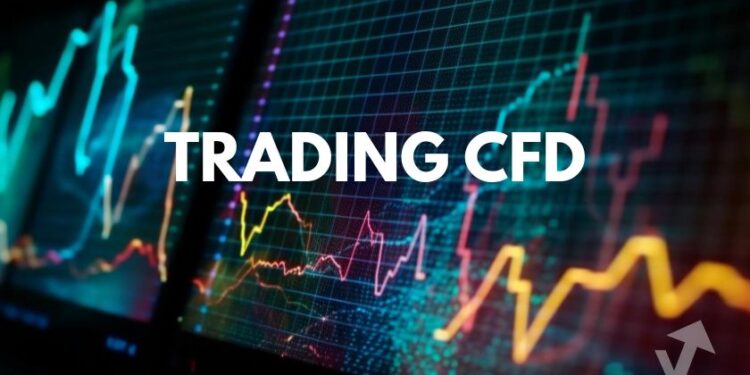When trading with Contracts for Difference, you can choose to focus on individual company stocks or broader market indices. Both offer compelling opportunities, but they behave differently in terms of volatility, diversification, and strategic potential. For traders working with Share CFDs, understanding the differences between shares and indices can help refine your approach and match your trading style more effectively.
Here’s how they compare side by side.
Focus and Specificity
Trading Shares
When you trade individual shares, you are trading a specific company. This means your success is tied to the business’s performance, earnings reports, industry developments, and sometimes even executive decisions. It allows you to capitalize on very specific events, such as a product launch or a takeover rumor.
Trading Indices
Indices reflect the overall performance of a group of stocks, such as the S&P 500 or the FTSE 100. Instead of betting on one company, you are trading market sentiment across an entire sector or country. This broader scope means you are less exposed to single-stock volatility but more influenced by macroeconomic events.
Volatility and Risk Profile
Trading Shares
Individual shares can be highly volatile, especially around earnings season or unexpected news. These quick, sharp moves can lead to strong gains — or sudden losses. For active traders using Share CFDs, this volatility can be an advantage when managed with care.
Trading Indices
Indices are generally less volatile compared to single stocks. Since they consist of many companies, losses in one are often balanced by gains in another. This creates smoother price movements. For those who prefer a steadier ride, indices can offer more predictability with fewer unexpected swings.
Opportunities for Analysis
Trading Shares
Stock-specific trades allow for deeper analysis. You can study company fundamentals, news sentiment, or analyst reports to build a position. For traders who enjoy research and following individual brands or industries, Share CFDs on single stocks offer that granularity.
Trading Indices
Index trades are more about reading the broader market. Instead of company news, you focus on economic data, global trends, and central bank announcements. Traders who specialize in technical patterns or macro events often gravitate toward indices for cleaner setups and broader context.
Flexibility and Strategy
Trading Shares
Share trading with CFDs gives you the flexibility to go long or short on specific companies. You can target high-growth names, turnaround stories, or fading giants. It also enables more focused sector plays. For example, if you believe only a few companies in tech will lead a rally, Share CFDs let you zero in on them directly.
Trading Indices
Index CFDs allow for rapid reaction to news and economic shifts. When inflation data or central bank comments affect the entire market, indices move quickly. They also tend to trend more cleanly during strong market cycles, making them a favorite among momentum and trend traders.
Both shares and indices present unique strengths when traded with CFDs. Individual shares offer sharper moves, company-specific plays, and deep research opportunities. Indices provide smoother price action, lower volatility, and exposure to broader market sentiment.
The advantage of Share CFDs is that you do not have to choose just one. You can mix both styles, depending on the opportunity and your preferred approach. Whether you want to ride a breakout in a single stock or capture momentum in an entire index, CFDs give you the tools and flexibility to do both.






